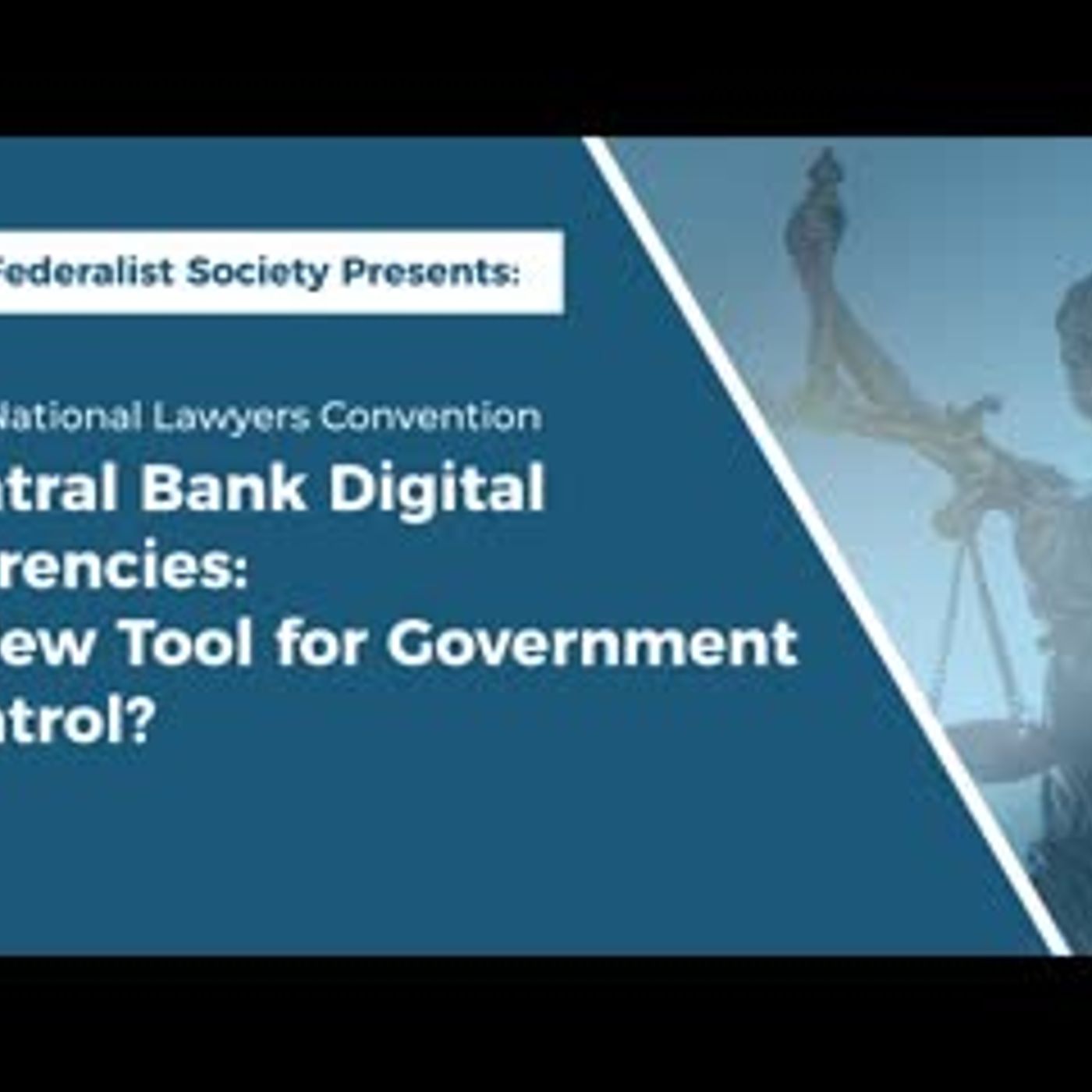- News
- Politics
- SEE MORE
- classical
- general
- talk
- News
- Family
- Bürgerfunk
- pop
- Islam
- soul
- jazz
- Comedy
- humor
- wissenschaft
- opera
- baroque
- gesellschaft
- theater
- Local
- alternative
- electro
- rock
- rap
- lifestyle
- Music
- como
- RNE
- ballads
- greek
- Buddhism
- deportes
- christian
- Technology
- piano
- djs
- Dance
- dutch
- flamenco
- social
- hope
- christian rock
- academia
- afrique
- Business
- musique
- ελληνική-μουσική
- religion
- World radio
- Zarzuela
- travel
- World
- NFL
- media
- Art
- public
- Sports
- Gospel
- st.
- baptist
- Leisure
- Kids & Family
- musical
- club
- Culture
- Health & Fitness
- True Crime
- Fiction
- children
- Society & Culture
- TV & Film
- gold
- kunst
- música
- gay
- Natural
- a
- francais
- bach
- economics
- kultur
- evangelical
- tech
- Opinion
- Government
- gaming
- College
- technik
- History
- Jesus
- Health
- movies
- radio
- services
- Church
- podcast
- Education
- international
- Transportation
- Other
- kids
- podcasts
- philadelphia
- Noticias
- love
- sport
- Salud
- film
- and
- 4chan
- Disco
- Stories
- fashion
- Arts
- interviews
- hardstyle
- entertainment
- humour
- medieval
- literature
- alma
- Cultura
- video
- TV
- Science
- en
Central Bank Digital Currencies: A New Tool for Government Control?

Central Bank Digital Currencies (CBDC) are the subject of global debate. While proponents see CBDC as a new tool to promote financial stability and inclusion, critics point out that the Federal Reserve would acquire vast new powers to potentially implement a comprehensive government social credit system. In theory, CBDC could be programmed to be used for only designated purposes, on specific items or at particular merchants. To stimulate the economy, CBDC could be programmed to expire in a certain limited time or deposited directly into certain individual’s bank accounts. These concerns about the risks posed by CBDC have been foreshadowed by the actions of American banks and payment processors to refuse to serve certain individuals, non-profit organizations, or merchants. Actions by foreign governments illustrate the potential danger of comprehensive government control over personal financial transactions. China has banned cryptocurrencies and developed its own CBDC, which will enable the Chinese government to monitor and control personal transactions and behavior. In Canada, the government froze the bank accounts and cryptocurrency wallets of anti-vaccine mandate protestors and those who had made donations to support them.
If the U.S. were to adopt a CBDC, how can the privacy and financial freedom of Americans be protected? Furthermore, how can the U.S. avoid some of the troubling trends seen in other countries and the troubling potential expansion of administrative power as it weighs the issue ofCBDCs?
Featuring:
Hon. Randal Quarles, Chairman & Co-Founder, The Cynosure Group; Former Vice Chair, Federal Reserve; Former Chair, Financial Stability Board
Prof. Steven L. Schwarcz, Stanley A. Star Distinguished Professor of Law & Business, Duke University Law School
Prof. Todd Zywicki, George Mason University Foundation Professor of Law, George Mason University Antonin Scalia School of Law; Former Chair, Consumer Financial Protection Bureau Taskforce on Federal Consumer Financial Law
Moderator: Hon. Joan Larsen, U.S. Court of Appeals, Sixth Circuit